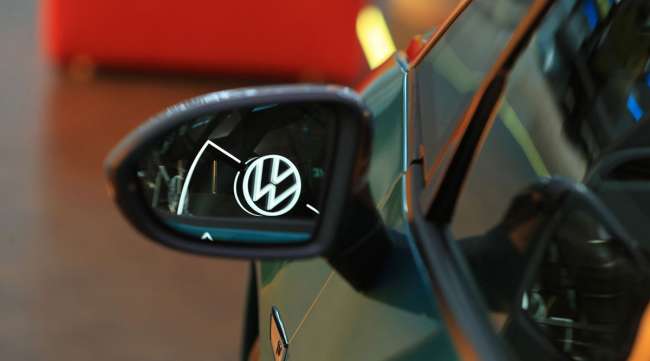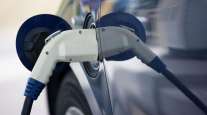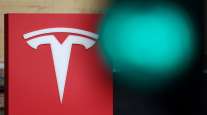Chattanooga (Tenn.) Times Free Press
VW’s EV Expansion in Tennessee Is ‘On Plan’

[Ensure you have all the info you need in these unprecedented times. Subscribe now.]
Walls are up enclosing Volkswagen’s new $800 million electric vehicle production site in Chattanooga, Tenn., as factory equipment is shipped in for installation, an official says.
Also, initial employee hiring will start later this year for assembly of a battery-powered SUV with the building of pre-production vehicles to begin in 2021, said Tom du Plessis, VW Chattanooga’s CEO.
Assembly of the SUV, dubbed the ID.4, will launch in 2022 as scheduled, he said.
“We’re on plan,” du Plessis said.

Transport Topics introduces its newest digital interview series, Newsmakers, aimed at helping leaders in trucking and freight transportation navigate turbulent times. Audience members will gain access to the industry's leading expert in their particular field and the thoughtful moderation of a Transport Topics journalist. Our second episode — "The Evolution of Electric Trucks" — featuring Nikola founder and executive chairman Trevor Milton, will air live on July 28 at noon EDT. Registration is free but advance signup is required. Sign up today.
Construction is more than 70% complete on the work to enlarge the existing body shop and raise a new building where battery pack assembly will take place, according to VW.
“The construction phase was not disrupted by the plant’s production suspension for COVID-19,” VW Chattanooga spokeswoman Amanda Plecas said. “All workers on-site followed the same guidelines Volkswagen employees and contractors are following today, including daily temperature checks.”
While production of the Passat sedan and Atlas and Atlas Cross Sport SUVs stopped at the plant for about two months due to the coronavirus pandemic, construction never stopped on the expansion project, the company said.
Du Plessis said the company will have to employ more people to prepare for the electric SUV, though VW will tread carefully given the economic fallout from the coronavirus.
“Training is staged,” he said. “There’s a detailed plan and a targeted plan for recruitment. We will need additional people.”
While hiring will begin this year, it will ramp up in 2021, du Plessis said.
“We’ll start with a small team and grow it,” he said. “It’s challenging times for everybody. We try to be responsible.”
When Volkswagen announced the project more than a year ago, plans were to eventually add 1,000 jobs to its workforce of about 3,800 people in Chattanooga.
The automaker is increasing its footprint by more than 750,000 square feet to its Chattanooga facilities to produce the more environmentally friendly EVs.
The expansion includes a 564,000-square-foot addition to the body shop where Volkswagen will build both internal combustion engine vehicles and EVs on the same assembly line.
Also, the company is building a 198,000-square-foot facility adjacent to its factory for the assembly of battery packs for battery-powered vehicles.
Volkswagen is sourcing the batteries from SK Innovation, a South Korean company that is building a factory in Georgia. At VW Chattanooga, the automaker will put together the battery packs that will be installed beneath the electric SUV.
When production of the all-electric SUV begins in early 2022, officials said, the Chattanooga plant will have capacity to assemble more than 100,000 EVs annually.
Want more news? Listen to today's daily briefing:
Subscribe: Apple Podcasts | Spotify | Amazon Alexa | Google Assistant | More
Distributed by Tribune Content Agency, LLC




